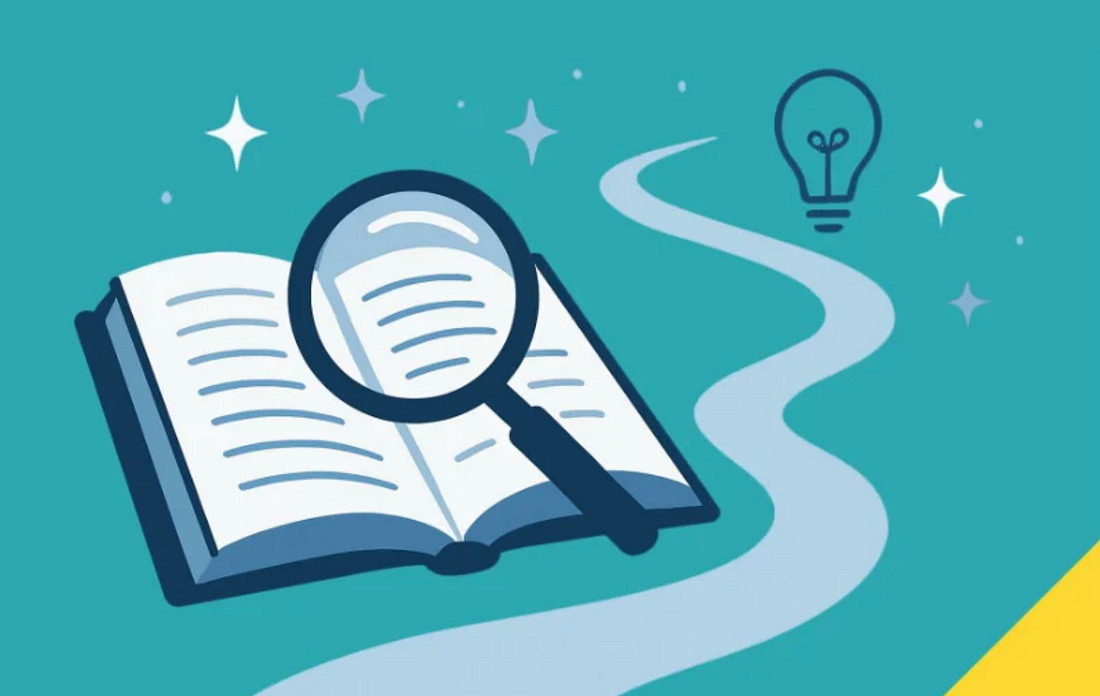Jay Peters, The Verge, under the headline “Epic Says Fortnite Is Coming Back to iOS in the US”:
Following a court order that blocks Apple from taking a commission on purchases made outside the App Store, Epic Games CEO Tim Sweeney says on X that the company plans to bring Fortnite back to iOS in the US “next week.”
The app hasn’t been available on iOS in the US since August 2020, when Apple kicked it off the App Store for implementing Epic’s own in-app payment system in violation of Apple’s rules. Since then, Apple and Epic have been embroiled in an ongoing legal battle, including a ruling more in Apple’s favor in 2021 and today’s ruling that is a major victory for Epic.
I could be wrong, but my read is that while the ruling was clearly a significant and reputationally-damaging loss for Apple, that doesn’t make it a “win” for Epic at all. Just because the case is Epic v. Apple doesn’t mean Epic benefits by Apple’s excoriation. Apple won the original case. It was like a sidenote on that original case that Judge Gonzalez Rogers issued an injunction that Apple was required to allow developers to just freely link to alternative payment offerings on the web, outside the app. Basically, that if the App Store is not anticompetitive, apps at least must be able to inform users about competing options for purchases/signups.
Here’s a spitball analogy. Back in the cable TV days, there were many local channels that were available over the air, for free. (That’s still true but no one watches TV like this anymore.) Imagine if a monopolist or near-monopolist cable company declared that it would not permit any show on any channel to even mention the fact that the channel was also available free-of-charge over the air. That’s what Apple has been doing with apps in the App Store. If cable was so good, so much better than free over-the-air broadcast TV, it should have been able to thrive even if people were aware of their free over-the-air options. If the App Store is so good, so much better than free over-the-web purchases and signups, it should be able to thrive even if people are aware of their free over-the-web options. Basically, that was Gonzales Rogers’s injunction to Apple. And Apple’s response was basically, “Nah, we’re still not going to allow that, but we’ll pretend to comply by asserting that anyone who starts watching TV channels over-the-air after learning about that via something they saw on cable TV still has to pay us the effective same rates they’ve been paying to watch those channels via our cable service.”. Except instead Apple was asserting that they should collect 27% commissions on over-the-web purchases if the user learned about the option through the native app from the App Store.
None of this, as far as I can see, has anything to do with Epic Games or Fortnite at all, other than that it was Epic who initiated the case. Give them credit for that. But I don’t see how this ruling gets Fortnite back in the App Store. I think Sweeney is just blustering — he wants Fortnite back in the App Store and thinks by just asserting it, he can force Apple’s hand at a moment when they’re wrong-footed by a scathing federal court judgment against them.
Maybe Sweeney knows something I don’t, but I doubt it. I think this is just bluster, PR gamesmanship, and ought to be reported that way, at least for now. If there’s a single sentence in Gonzalez Rogers’s ruling that suggests Apple needs to reinstate Epic Games to the App Store, I missed it.











